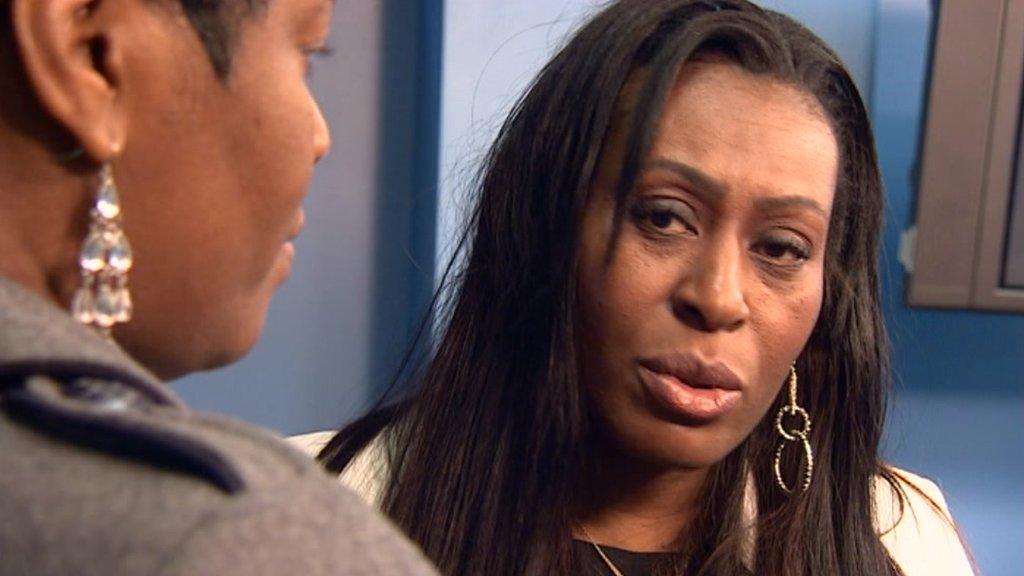West Midlands Police secure £7m for 'knife crime emergency'
- Published
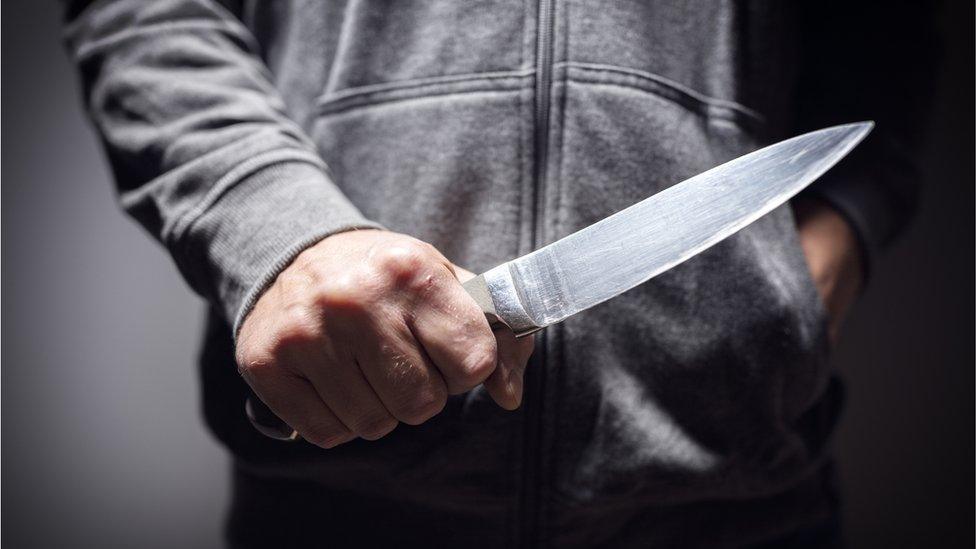
West Midlands Police announced 'Project Guardian' to tackle youth violence and knife crime
A police force has revealed plans to spend £7m tackling youth violence after declaring knife crime a "national emergency".
West Midlands Police said the majority of the "Project Guardian" funding would go towards preventing knife crime.
The force will focus more resources on Birmingham's night-time economy and mediation services for young people.
Critics said the funding was not enough and the plan relied too heavily on police officers working overtime.
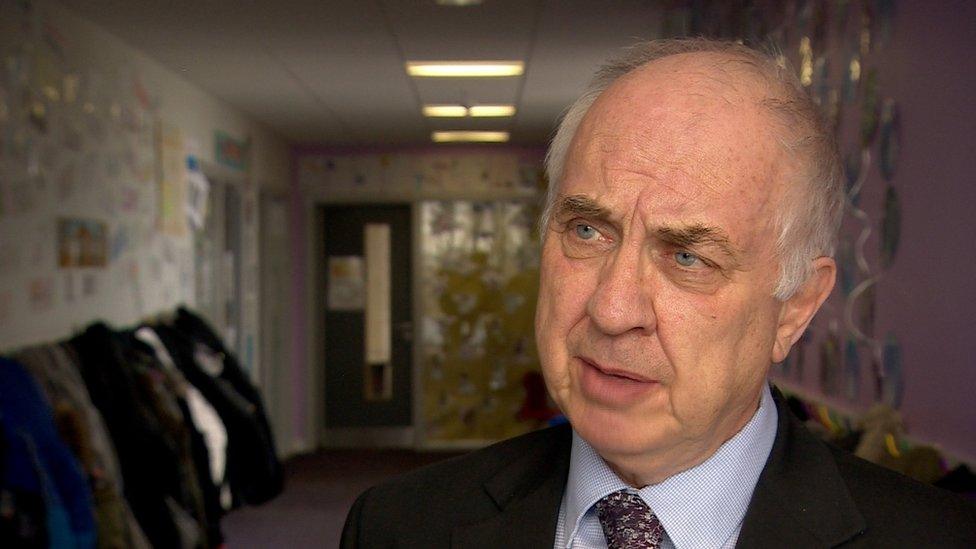
David Jamieson declared knife crime was a "national emergency" earlier this year
The plans include recruiting 75 new police staff investigators for a year, spending £1.5m on diversion, mediation, support and mentoring projects, 15 police cars and new metal detecting "knife wands".
The force will also give £100,000 to young people to improve their communities "via local initiatives".
West Midlands Police and Crime Commissioner (PCC) David Jamieson acknowledged the funding was "short term" but said the investment was "to break the cycle of crime".
"Earlier this year I declared knife crime to be a national emergency," he said.
"Project Guardian is a vital part of West Midlands Police's response to that emergency."
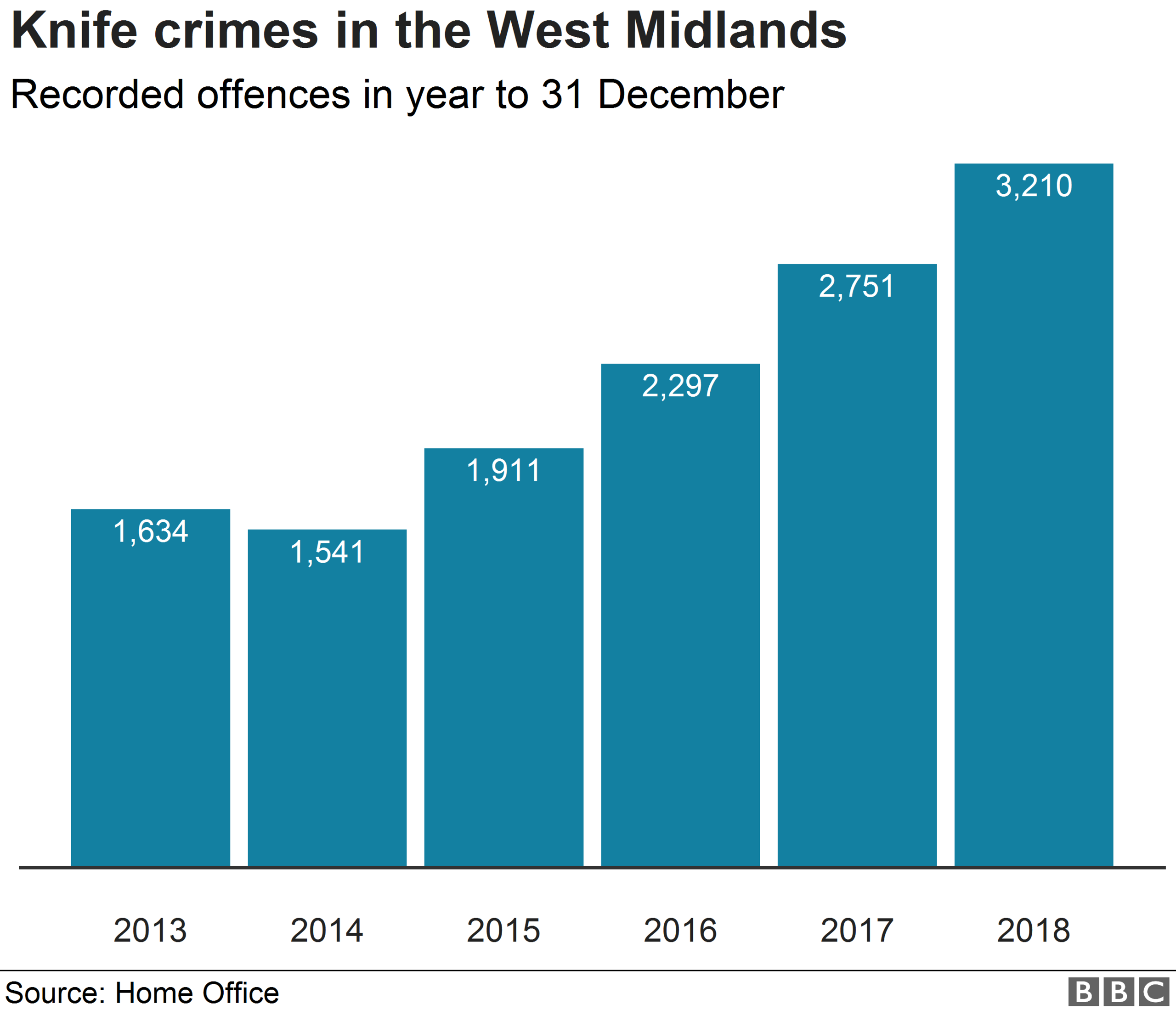
Over the next year, the force has pledged to fund an extra 163,400 policing hours using existing officers working overtime.
"It's not an ideal solution, but it's what we've been reduced to," Richard Cooke, the West Midlands Police Federation Chair, told the BBC.
He added that after a spate of violence in which three local teenagers were murdered in 12 days, the force relied again on officers working overtime.
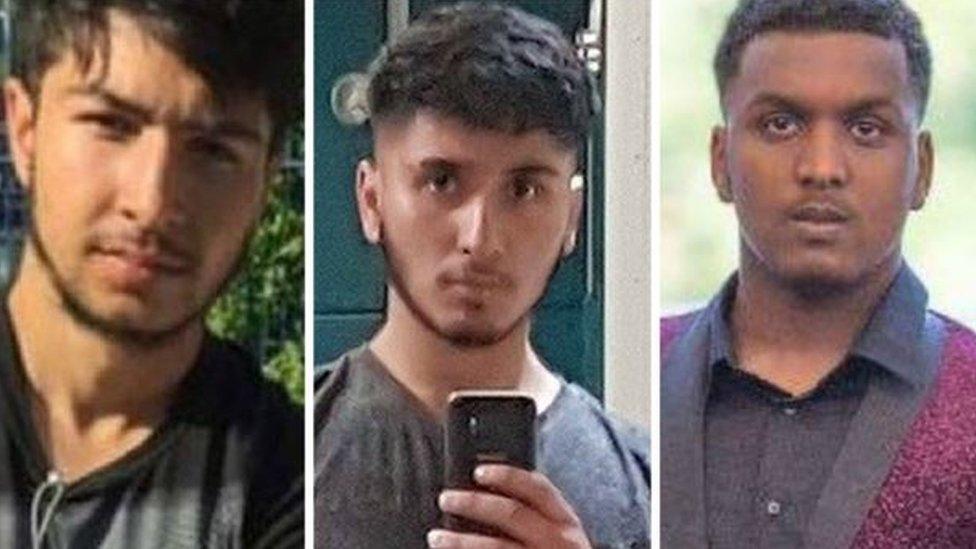
The three teenagers stabbed to death in 12 days: (l-r) Hazrat Umar, 18, Abdullah Muhammad and Sidali Mohamed, both 16
"We're having to use overtime to plug the gaps when what we should have is a police force that's fit for purpose," he said.
Lynne Baird's son Daniel 26, was stabbed to death in Birmingham in 2017.
She has since campaigned for specialist first aid kits, which have been installed in more than 50 bars and clubs in the city to help reduce deaths from knife attacks.
You may also be interested in:
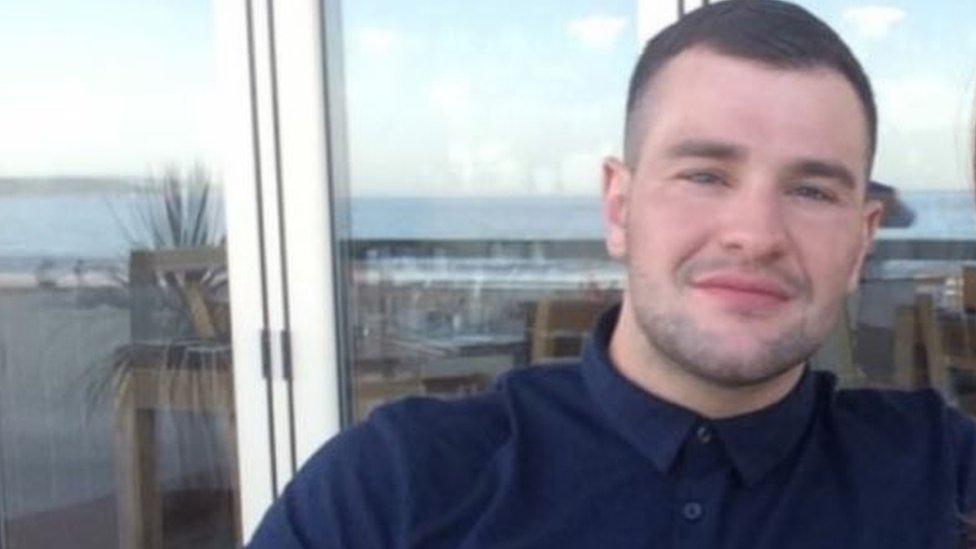
Daniel Baird was stabbed outside The Forge Tavern in the Digbeth area of Birmingham
Ms Baird said there were "good parts" to the plan, but had hoped to see more neighbourhood police officers on the streets.
"That is what you used to see," she said. "They could sometimes spot a problem before it was going to happen.
"On the whole it looks quite promising. It is badly needed and I think the police and crime commissioner has tried his best to do what he can."
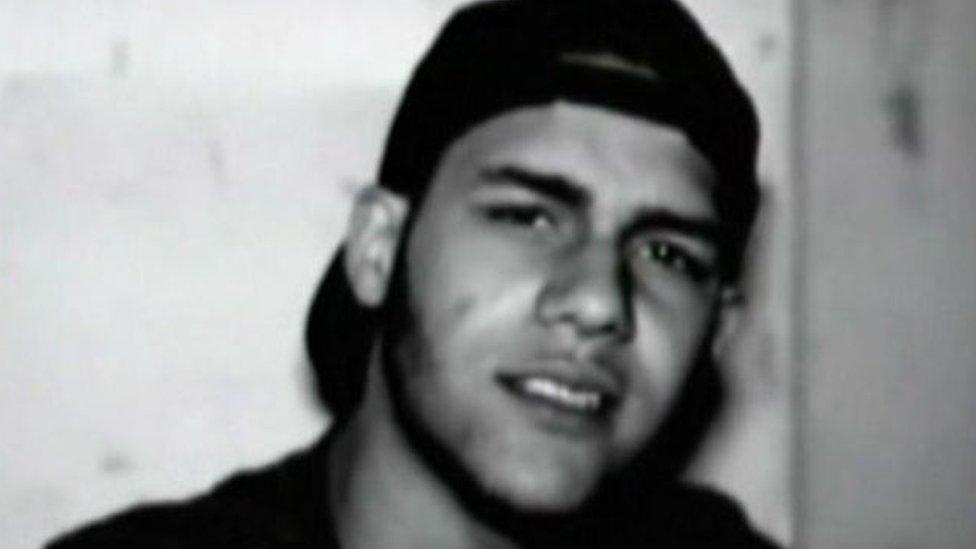
Joshua Ribera was stabbed near TC's nightclub in Selly Oak
Alison Cope's son Joshua Ribera was stabbed through the heart near TC's nightclub in Selly Oak in 2014.
She added: "When you see more money being thrown at the situation, you want to make sure it is allocated correctly, regulated and audited correctly, so it doesn't go in a poof of smoke.
"I hope it goes in the right areas and the right places.
"For me, there needs to be a combination of things. Long term prevention which makes young people think enough to engage with positive activities, engagement, family support and extra police on streets, young people need to know there are consequences."
The renewed focus on mediation was welcomed by Kirk Dawes, a former police officer who ran a pioneering unit to combat serious gang violence.
However, he raised concerns about the funding not being enough and the plans too short term.
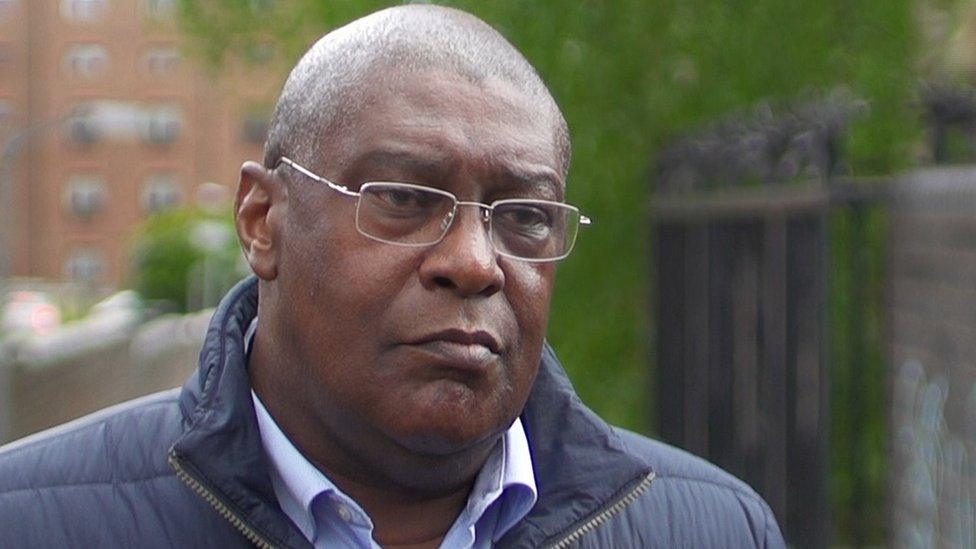
Kirk Dawes ran The Centre for Conflict Transformation (TCFCT) between 2004 and 2012
"True investment would be a 10-year plan but that would cost more money than they've been given," he said.
Until mediators can create peace, the situation would get worse with retaliation and revenge, Mr Dawes said.
"It's not nearly enough, but you can't blame the PCC for that."

Follow BBC West Midlands on Facebook, external, on Twitter, external, and sign up for local news updates direct to your phone, external.
- Published27 February 2019
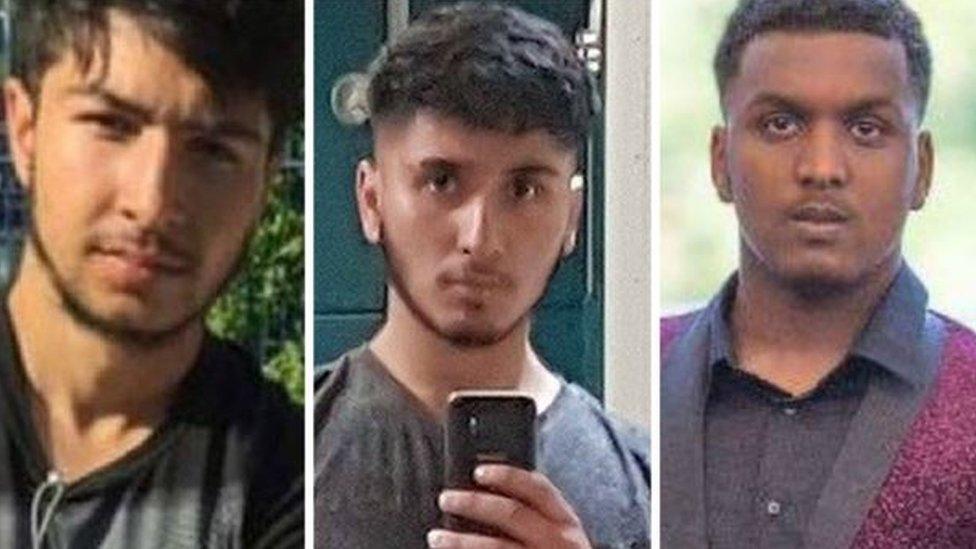
- Published17 May 2019
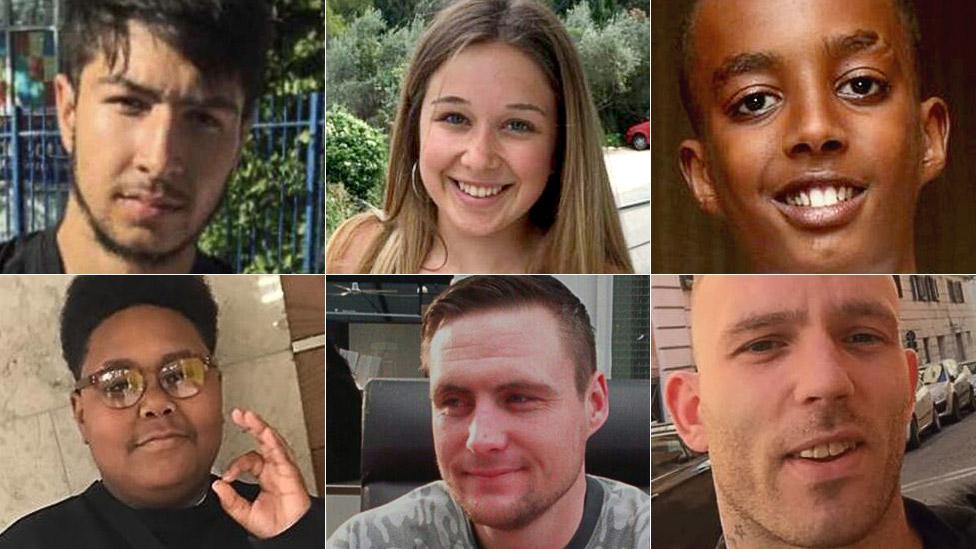
- Published17 May 2019

- Published1 March 2019
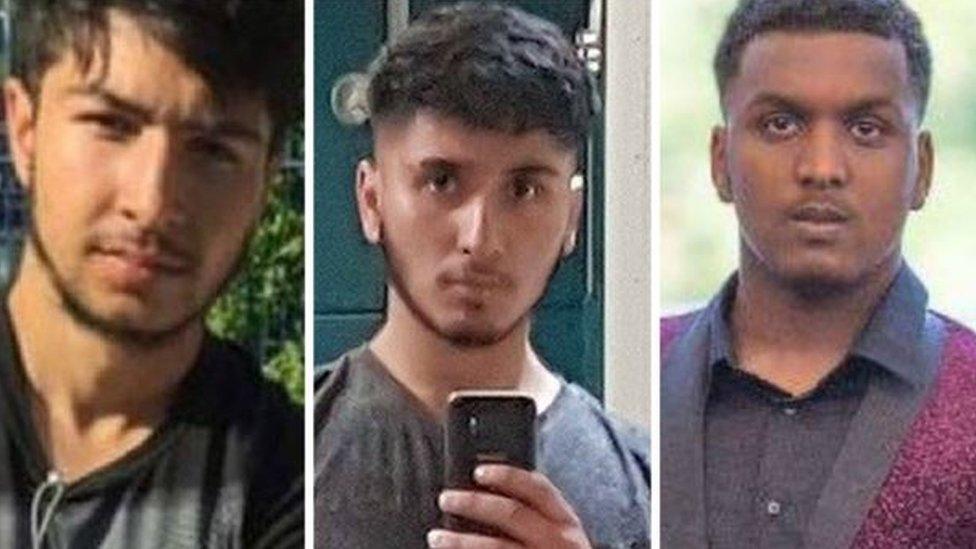
- Published7 May 2019
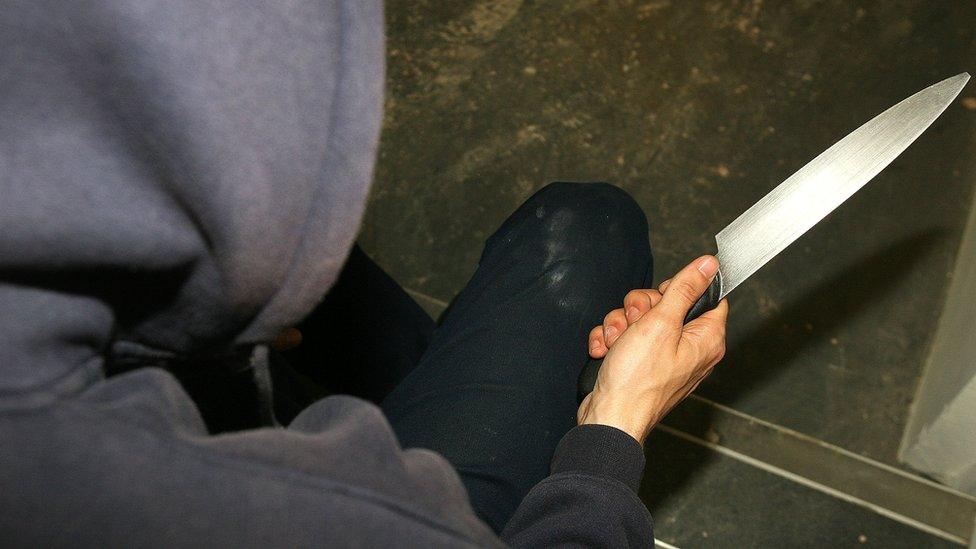
- Published6 March 2019
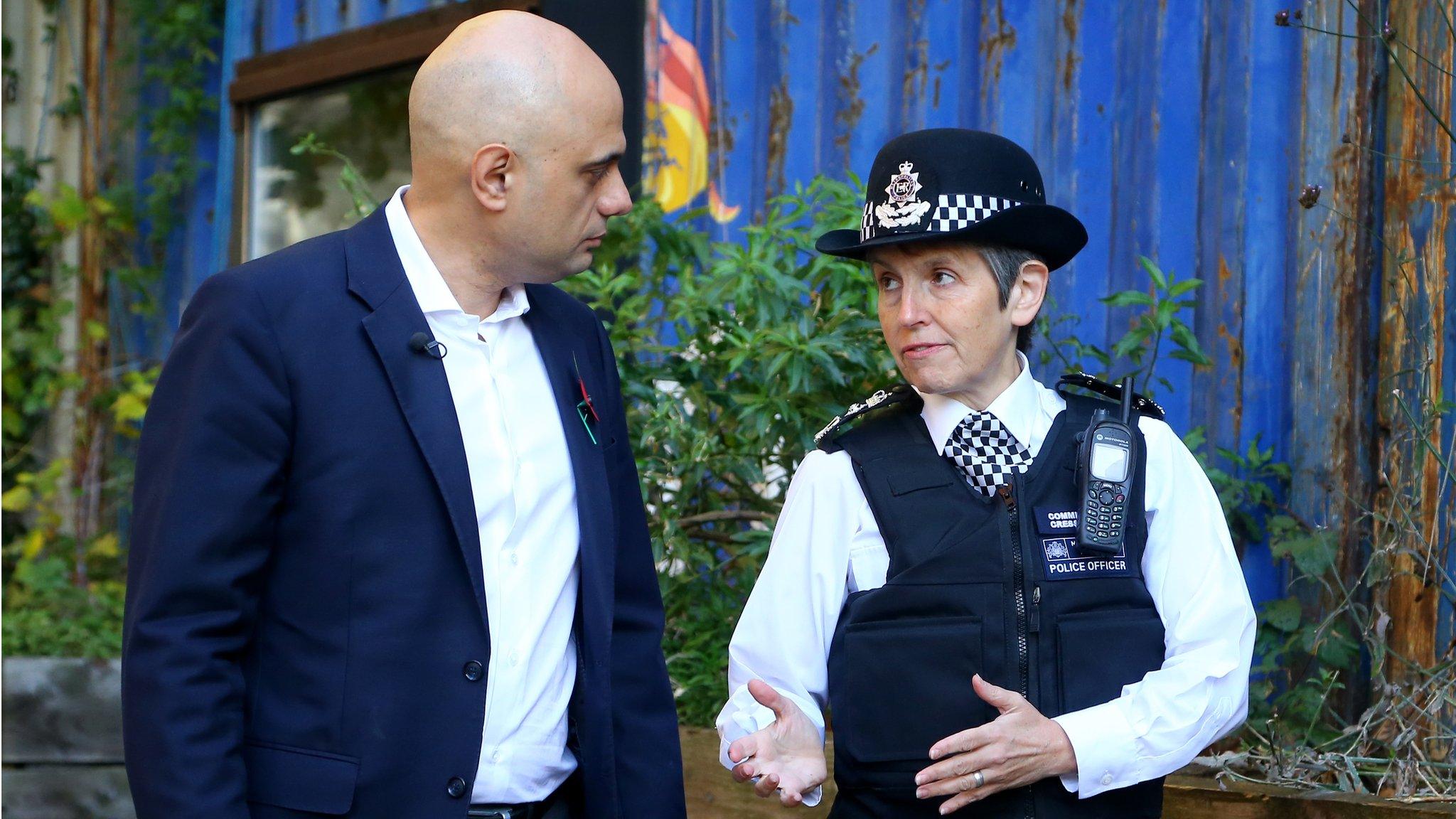
- Published2 January 2013
